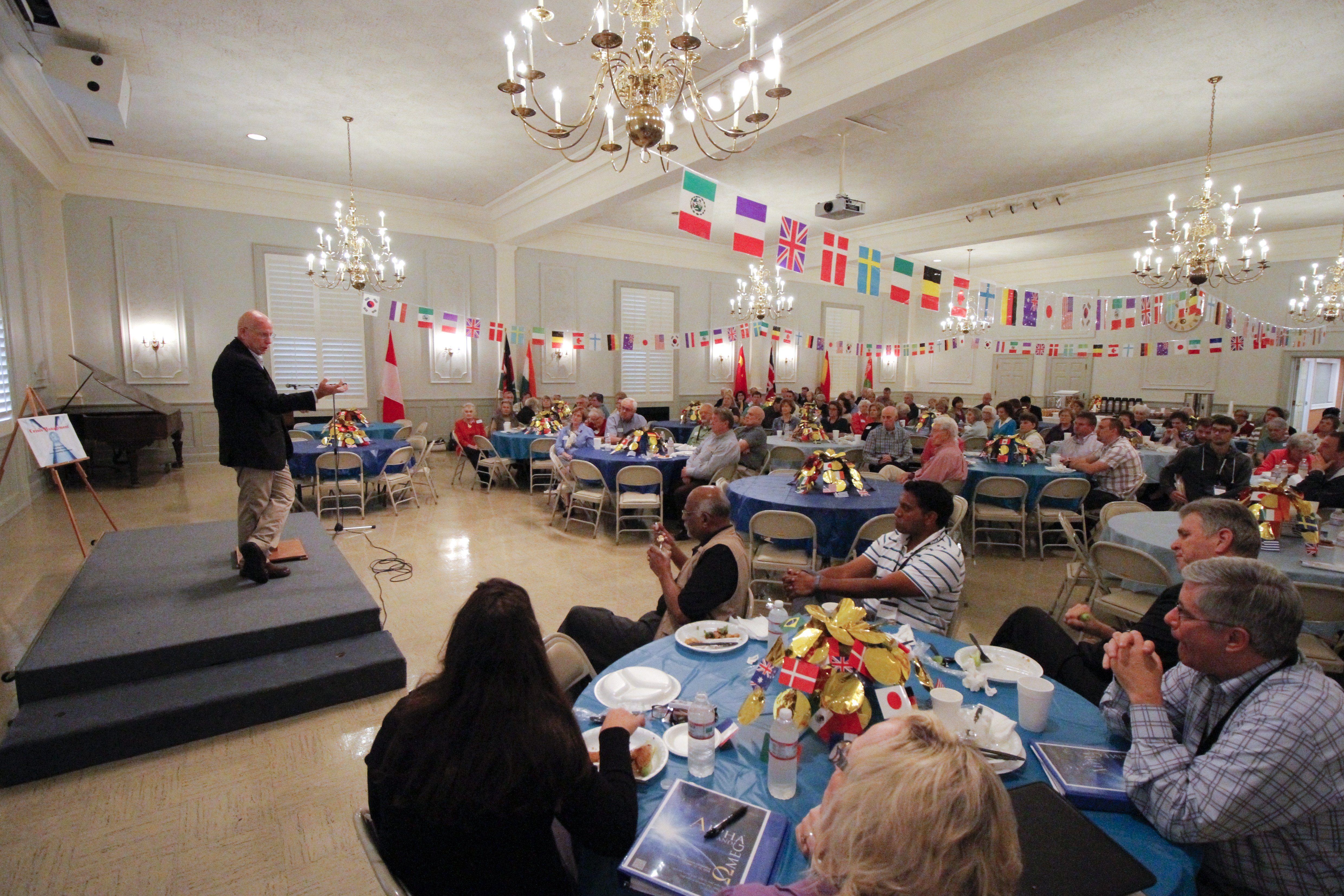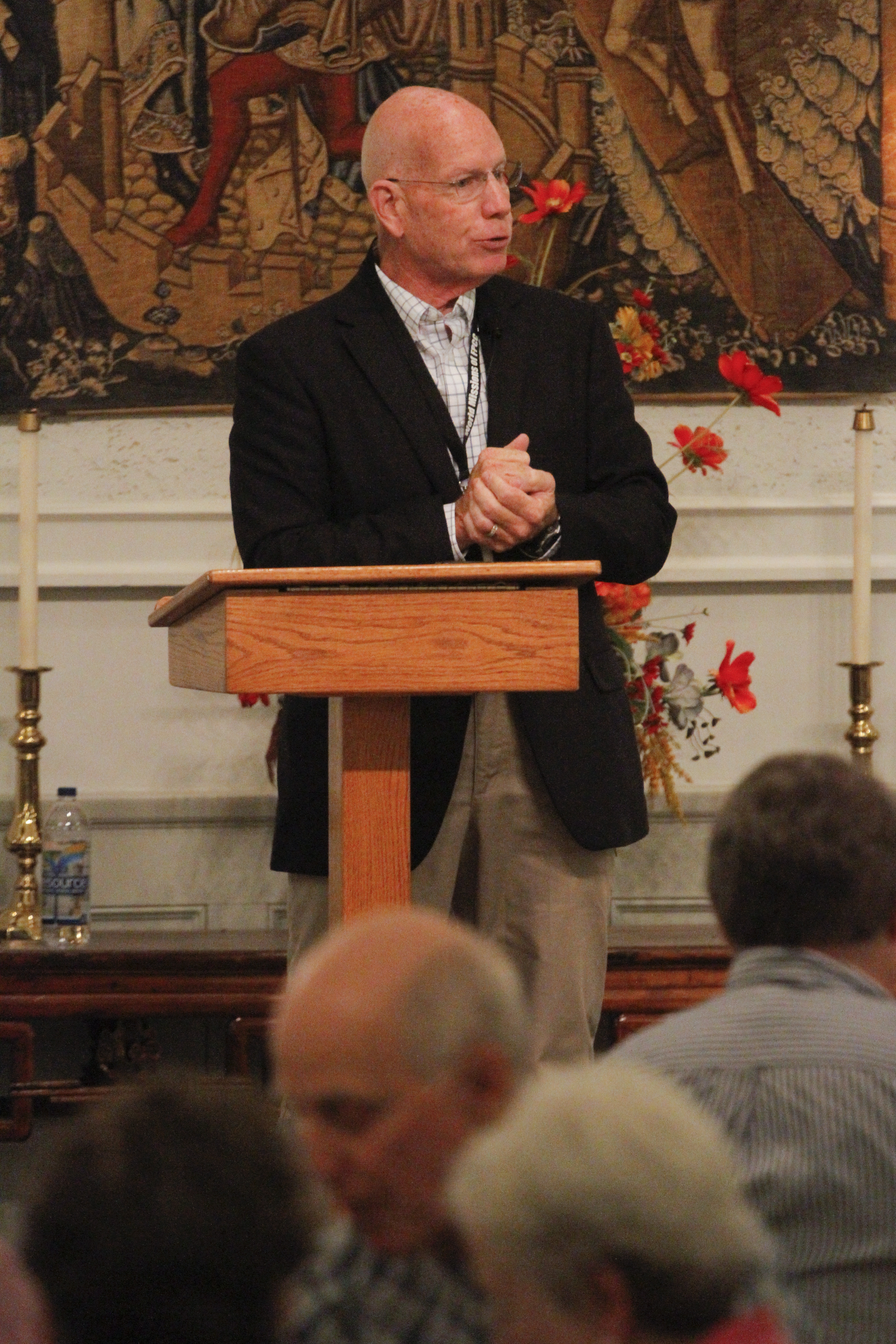In 1840, First Presbyterian Church took up its first offering. Fifty dollars was collected, and all of the money given to international missions.
"As a church we want to be involved around the world," said Sandy Pierce, First Presbyterian's executive director of world missions.
That is why the decision to cancel the church's short-term mission trip this past summer to Nairobi, Kenya, was so difficult, Pierce said.
"But it just wasn't wise to go," she said, citing mounting safety concerns in the East African country.
Before church leaders made the decision to cancel the trip, Pierce sought the advice of Bob Klamser, executive director of Crisis Consulting International.
Klamser, who is speaking this week at the church's missions conference, has an extensive background in law enforcement and hostage negotiations and has worked as a missions pastor. Those experiences influenced his work at CCI, where he consults with hundreds of organizations worldwide in crisis management and security services.
He spoke Monday afternoon in the church's Fellowship Hall about how terrorism has affected global missions.
The audience listened to Klamser talk about his experiences and asked questions.
"Can ISIS be stopped?" a man asked.
"Should Christians take up arms to protect themselves?" another said.
"Why do terrorist groups target missionaries?" a third wondered.
Klamser emphasized how the 9/11 terrorist attacks changed the landscape for world missions.
"You cannot have too much wisdom," he said. "There is risk assessment in every missions trip."
Klamser said his job is a tool to help people and organizations understand the risks involved in missions trips so they can make good decisions. Each situation is different, he said, and at times such as after the earthquake in Haiti people need immediate help to survive, and that changes the risk assessment.
Specific threats were issued by a terrorist organization against foreigners traveling to Kenya before First Presbyterian's trip, Klamser said. People living in Kenya said the risk of the group being harmed was too high and they should not come.
"We were sad not to go," Pierce said. "But the team members understood, and some were relieved."
Contact staff writer Kendi Anderson at kendi.anderson@timesfreepress.com or at 423-757-6592.


